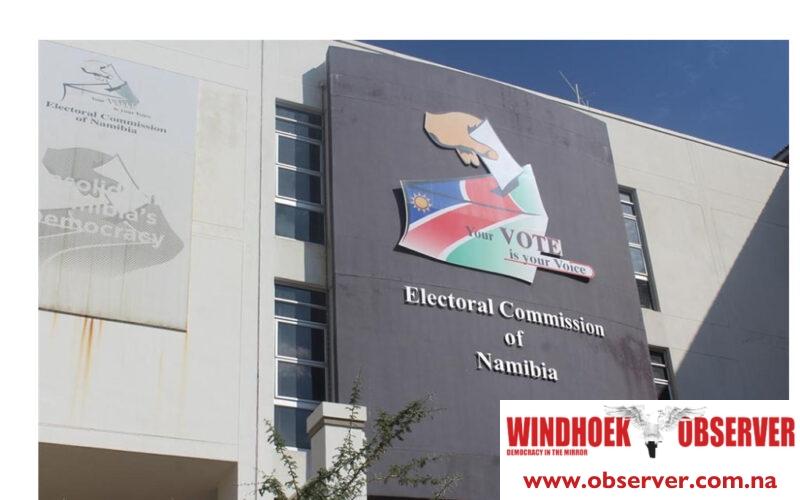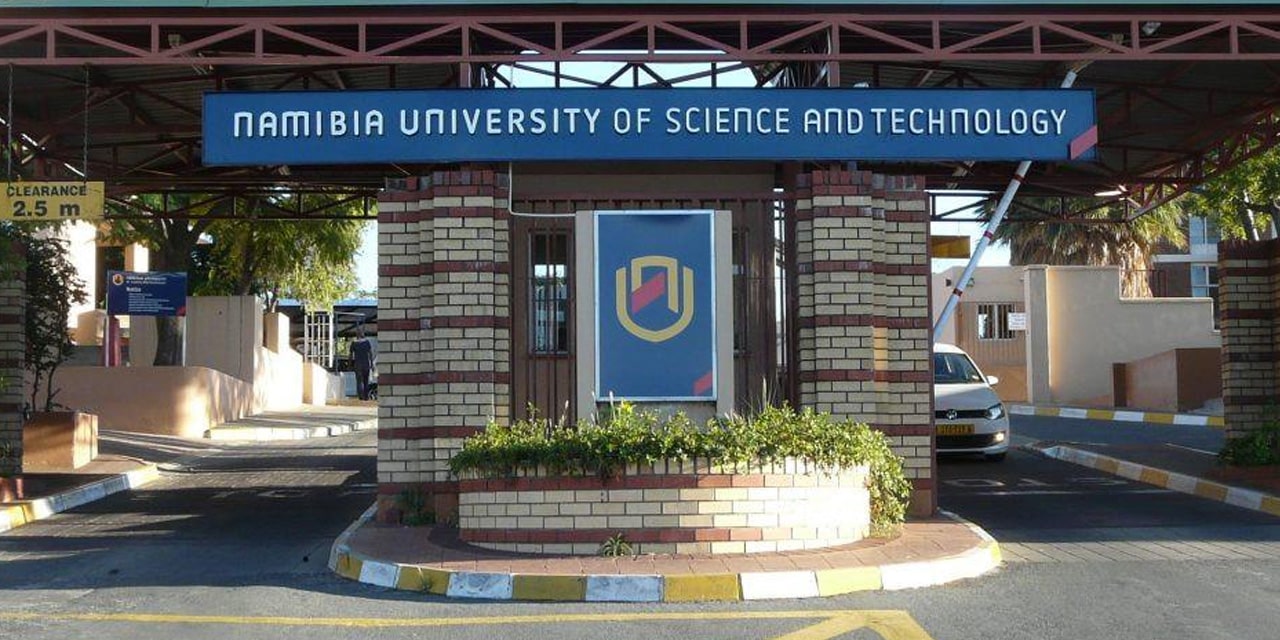Martin Endjala
The Electoral Commission of Namibia (ECN) has granted all political parties permission to observe the nationwide voter registration.
The Landless People’s Movement (LPM) is among the first parties to be granted this permission
In a letter dated 31 May, seen by this publication, the ECN chief electoral referenda officer, Petrus Shaama said that, in accordance with the commission’s values, there is no objection to granting registered political parties or organisations access to registration venues to observe the voter registration process.
“This access is contingent upon submitting a request through the Office of the Chief and management via an ELECT 12, as detailed in our letter dated 16 May 2024, shared with all registered political parties, organisations, and associations,” said Shaama.
Shaama responded to LPM’s national events coordinator, Ivan Skrywer’s letter dated 27 May, requesting that registered political parties be granted limited access to the registration points during the General Registration of Voters (GRV).
According to Skrywer, the grant is a step in the right direction, adding that it did not come on a silver platter, but it was through knocking on doors, questioning, continuous dialogues, and probing that led to the breakthrough.
“The LPM at the political liaison committee requested (PLC) that all political parties be granted limited access, where all representatives of political parties and organisations are represented, respectively,” he said.
Skrywer added that political parties are now able to participate in the process as stakeholders for the first time.
He stated that they have been advocating for stakeholders’ recognition.
LPM also expressed concerns about the code of conduct, describing the emphasis on political parties as the only ones capable of making mistakes and emphasizing the need to review such practices by ECN.
Skrywer argued that police and ECN also make mistakes, thereby questioning who regulates them and why the code of conduct exclusively targets political parties.
He said that the ECN must incorporate aspects of both the ECN and the police in the code of conduct because they are also stakeholders involved in the registration and election processes.




